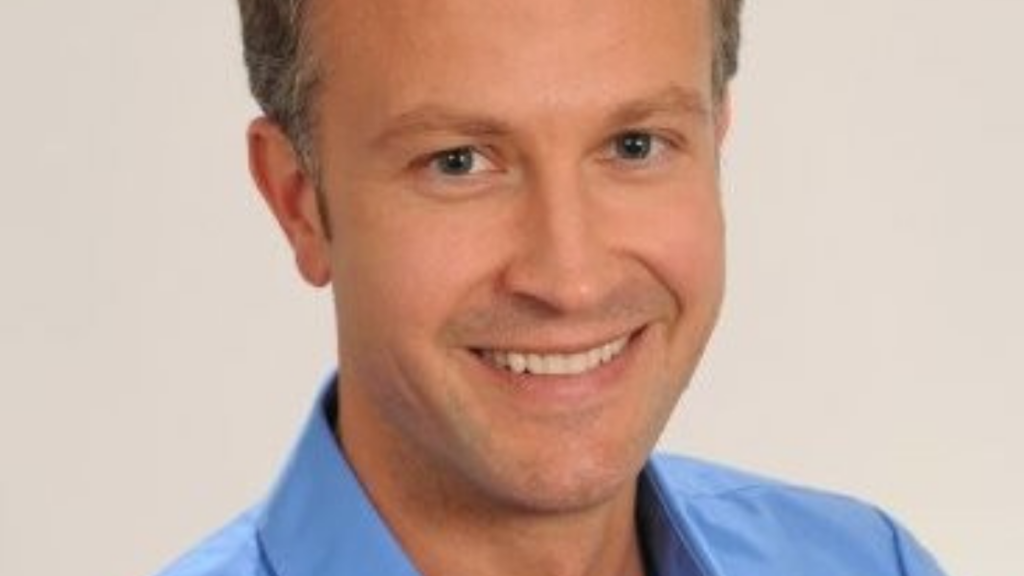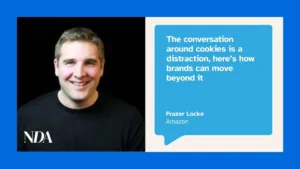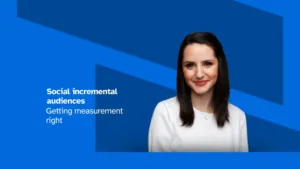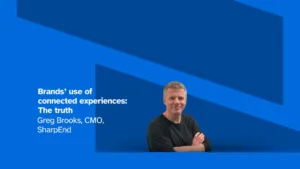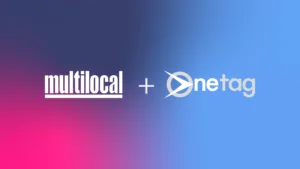New Digital Age Editor, Justin Pearse, talks to White Bullet CEO Peter Szyszko on how SSPs are joining the fight to demonetise the pirates
White Bullet has been beating the drum about demonetising ad-funded pirate websites for a long time. How does your deal with Smart AdServer further the cause?
Enforcing against pirate websites can be a fruitless task when illegal content reappears with the click of a button and websites change domain name or redirect in minutes to avoid action. So cutting off the ad revenues funding them has been our focus for some time as it is more effective, especially when brands choose to avoid pirate publishers for their own reputational safety. However, it has often struck us how much more efficient the process would be if ad tech players were all on board at the outset, without brand pressure, integrating our data and, on behalf of their clients, blocking any misdirected advertising at source. This would provide a much safer advertising ecosystem for all, stop ad funding to high risk publishers altogether and help brands avoid having to make additional choices about a variety of risk segments.
That’s exactly the nature of the partnership we’ve struck with Smart AdServer. Their ad management platform runs display, video, native and rich-media campaigns for more than 1,000 publishers worldwide on over 50,000 sites and apps. Now, with our real-time research at their fingertips, they can push the button and cut the ad supply line when pirate content is detected, keeping their clients’ advertising safe and doing their bit to defund these criminal corners of the internet. This also extends to the CTV market, which is widely recognised as the big emerging market for fraudsters and content pirates.
The real-time, 24/7 integration of platforms keeps manual tasks to a minimum for all parties, creating maximum anti-piracy automation at maximum scale, at a time when pirates are getting more elusive and more technologically sophisticated.
How big or niche a problem is this kind of ad-funded piracy?
It’s absolutely huge, and it’s not a niche at all, though the pirates might like us to believe it was. Our research shows that content pirates generate more than £1 billion in ad revenue globally. The vast majority of the revenues that make internet piracy worthwhile come directly from advertising, much of that from legitimate brands who haven’t even realised their programmatic ads have gone astray. Each of the UK’s top ten most-visited pirate websites makes close to £20m a year from advertising, so organised criminal operations are making a lot of money off the back of someone else’s content and the advertising it attracts.
When we say pirates, what’s the typical nature of the content they are funding with these ads?
It’s essentially any digital entertainment that usually should be monetised, directly or through a paid platform, like live streams of football matches, pay-per-view boxing matches, Hollywood blockbusters, television series, music. Some of these pirate sites are easy to track down and some cover their tracks extremely well, marketing themselves through social media and only popping up at showtime before disappearing again immediately afterwards.
So they are a moving target, which is why they require specialist monitoring?
Exactly. Using AI, we analyse some 3m at-risk sites every day, as well as 50 app stores and more than 400,000 daily domain registrations and app submissions. It is a constant, real-time operation, and the list of offending sites constantly shifts and transforms. There are plenty of repeat offenders, but there is no static blocklist, it’s all dynamically updated, which is why integrating our data is so vital for ad servers that want to keep their clients safe.
What is Smart AdServer’s incentive in joining you in this fight?
Smart puts traffic quality and ad quality at the core of its advertising platform to secure both media buyers’ and media sellers’ transactions. The partnership we have with them reinforces this effort to address ad traffic and quality. They appreciate the transparency it allows them to offer, the premium value they can give to their clients, and like us they really want to improve the digital landscape.
Smart is the first SSP to integrate this solution, and they have really gone the extra mile to put traffic and ad quality at the core of their advertising platform in order to safeguard media buyers from funding illegal activities with their digital advertising budgets. That is what it comes down to. In the interests of brand safety, mainstream brands don’t want to find their advertising on pirate sites alongside much less savoury advertisers; and they don’t want to pump even a small proportion of their valuable advertising spend into the pockets of highly calculating copyright thieves.


